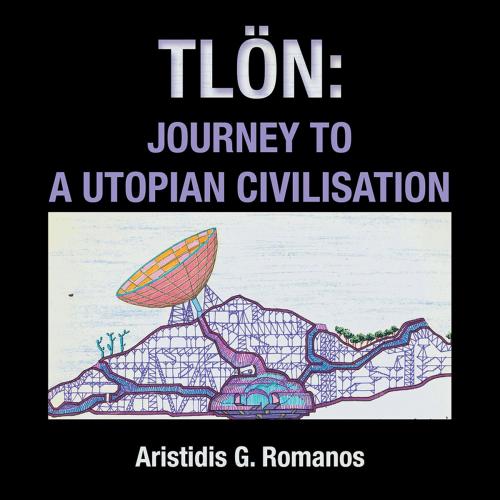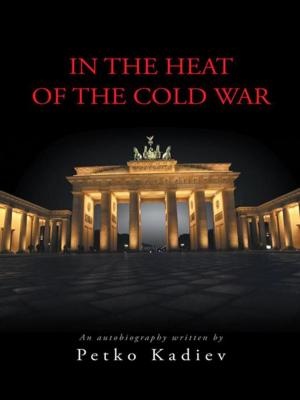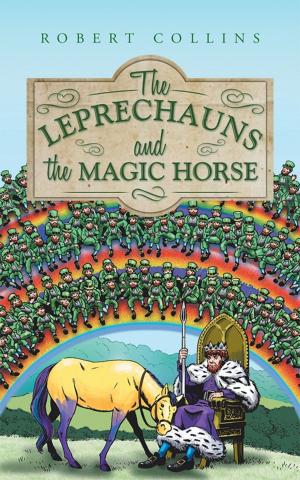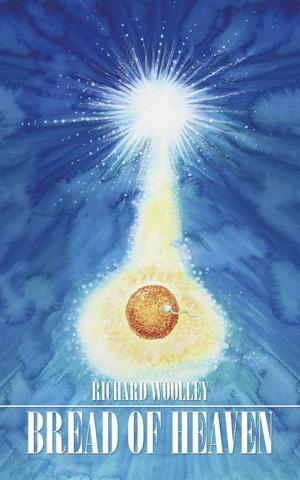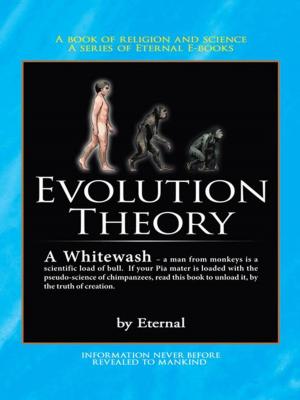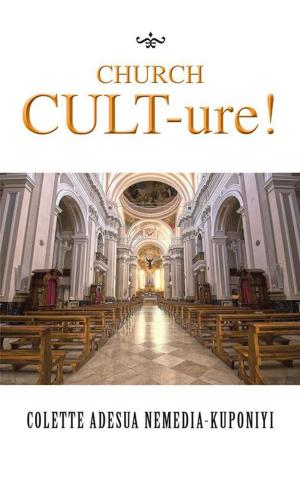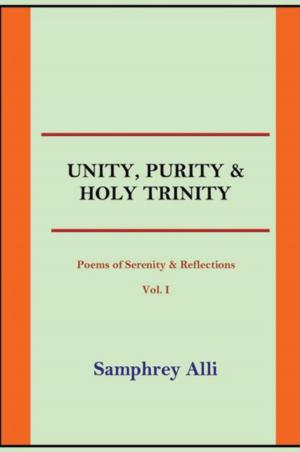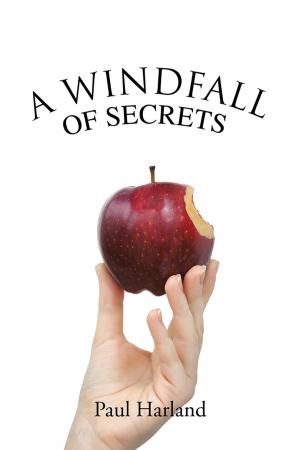Tlön : Journey to a Utopian Civilisation
Nonfiction, Religion & Spirituality, Philosophy, History, Fiction & Literature| Author: | Aristidis G. Romanos | ISBN: | 9781504940993 |
| Publisher: | AuthorHouse UK | Publication: | July 15, 2015 |
| Imprint: | AuthorHouse UK | Language: | English |
| Author: | Aristidis G. Romanos |
| ISBN: | 9781504940993 |
| Publisher: | AuthorHouse UK |
| Publication: | July 15, 2015 |
| Imprint: | AuthorHouse UK |
| Language: | English |
The narrative in this book, in abridged form, was awarded 1st prize at the UIA (International Union of Architects) 2014 International Architectural Ideas Competition Utopia and Happiness. This is a story revealed in a Manuscript written by Ladislas, a 14th century Lithuanian explorer, who traveled in remote regions of the East and discovered ruins of Tln, a, hitherto unknown, utopian civilisation. Ladislas describes a society which practiced peaceful co-existence and tolerance in all its manifestations and whose mainstream philosophy was idealism. The extraordinary fact was that the Manuscript remained in obscurity for about five hundred years until it passed, sometime in the middle of the 19th century, to the posession of Leonid Krk, one of the leading rare book collectors in London. Krk, a notable scholar in Baltic literature, who translated the manuscript into English, was later sentenced for fraud; most of his possessions and his Drury Lane residence, or what remained of it after the 1868 fire, were confiscated. The manuscript was sold at an auction to Caspar Amorson, a Scandinavian urban planner, who donated to the author an english copy. The Manuscript contains entities about the language, the philosophy, the social values, and the history of the civilisation discovered; it also describes, in an extended section, its architecture and town design and building. As the reader travels through the story, it becomes increasingly clearer that the four Ages in the history of Tln resemble, in some ways, our stages of evolution. In particular the third, alluding to the environmental crisis, forewarns a Huxley-like scenario of overcoming it.
The narrative in this book, in abridged form, was awarded 1st prize at the UIA (International Union of Architects) 2014 International Architectural Ideas Competition Utopia and Happiness. This is a story revealed in a Manuscript written by Ladislas, a 14th century Lithuanian explorer, who traveled in remote regions of the East and discovered ruins of Tln, a, hitherto unknown, utopian civilisation. Ladislas describes a society which practiced peaceful co-existence and tolerance in all its manifestations and whose mainstream philosophy was idealism. The extraordinary fact was that the Manuscript remained in obscurity for about five hundred years until it passed, sometime in the middle of the 19th century, to the posession of Leonid Krk, one of the leading rare book collectors in London. Krk, a notable scholar in Baltic literature, who translated the manuscript into English, was later sentenced for fraud; most of his possessions and his Drury Lane residence, or what remained of it after the 1868 fire, were confiscated. The manuscript was sold at an auction to Caspar Amorson, a Scandinavian urban planner, who donated to the author an english copy. The Manuscript contains entities about the language, the philosophy, the social values, and the history of the civilisation discovered; it also describes, in an extended section, its architecture and town design and building. As the reader travels through the story, it becomes increasingly clearer that the four Ages in the history of Tln resemble, in some ways, our stages of evolution. In particular the third, alluding to the environmental crisis, forewarns a Huxley-like scenario of overcoming it.
